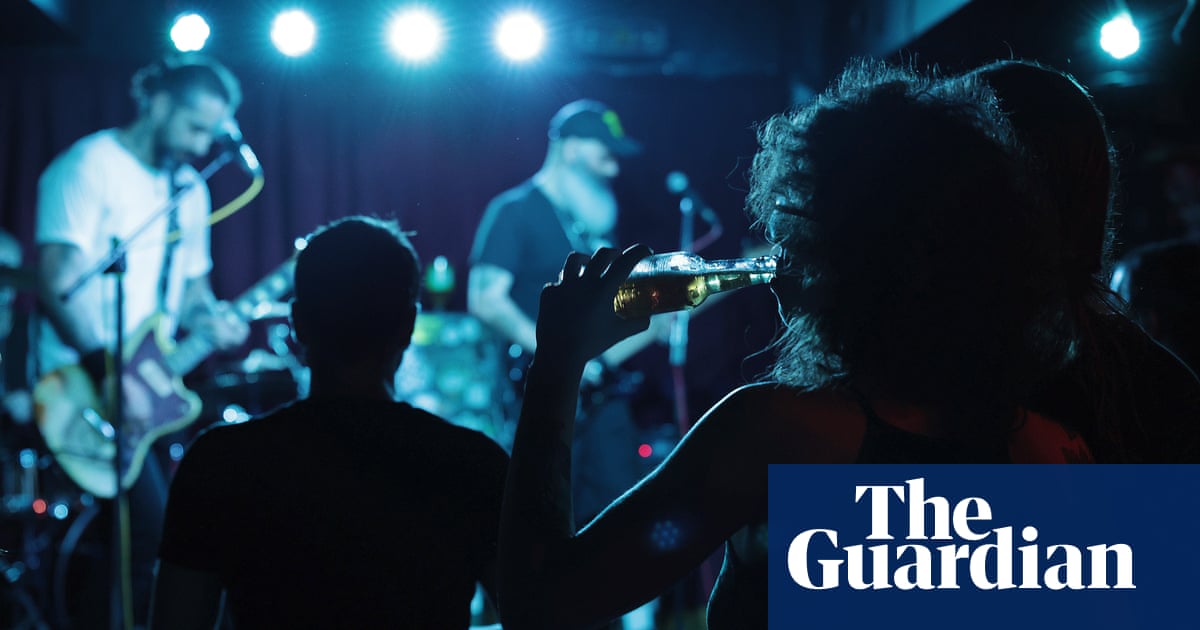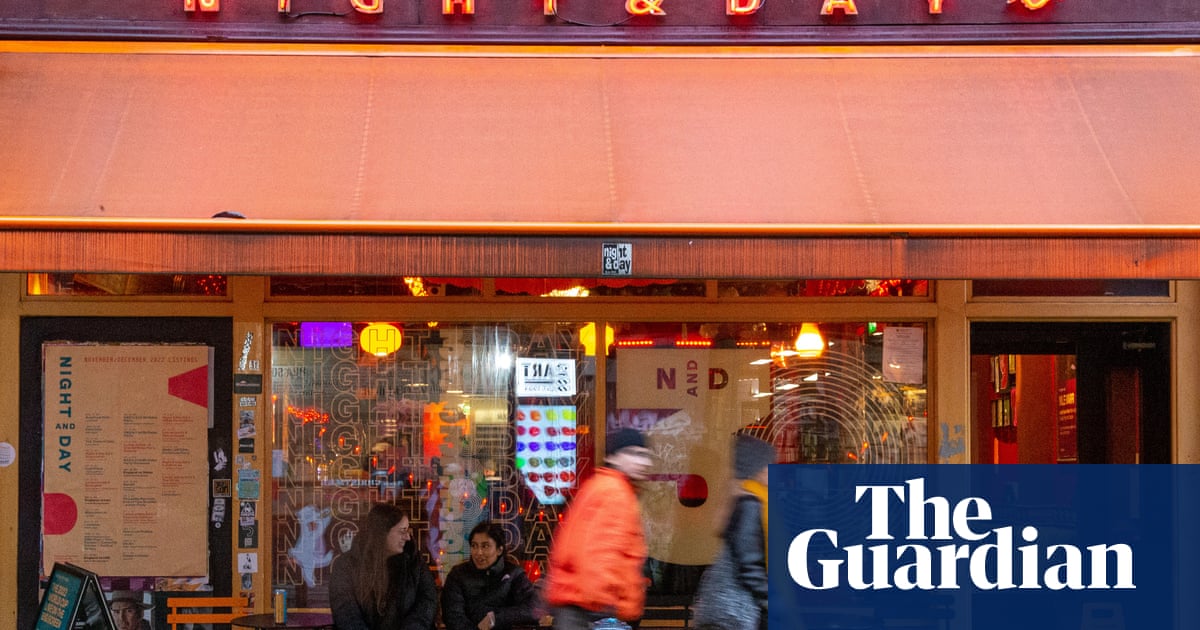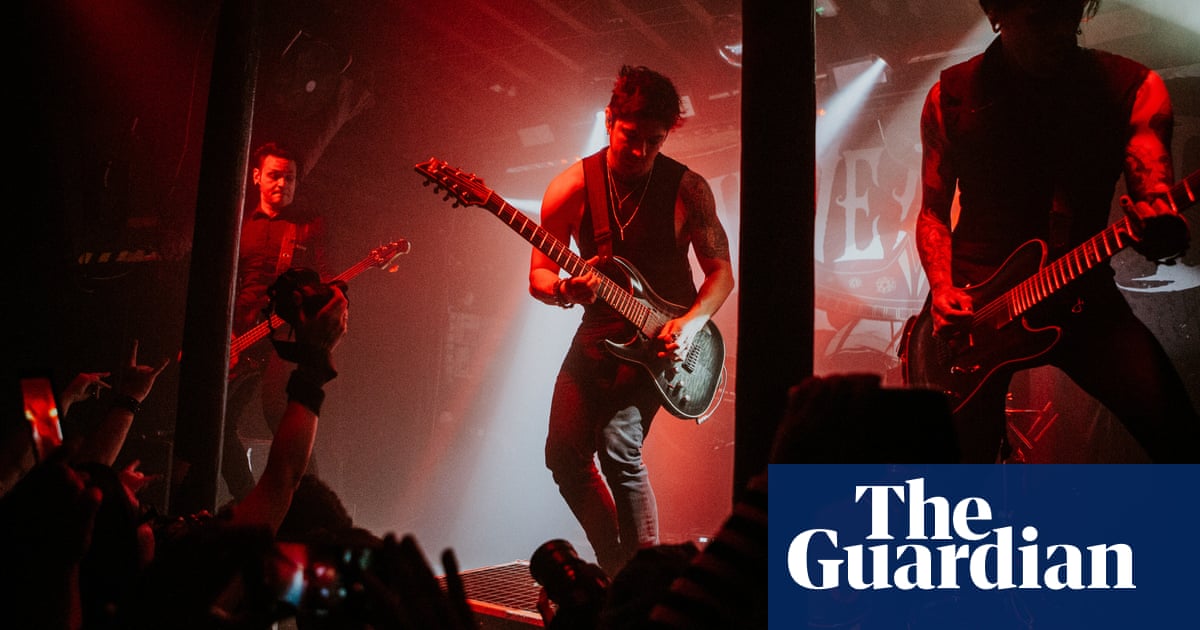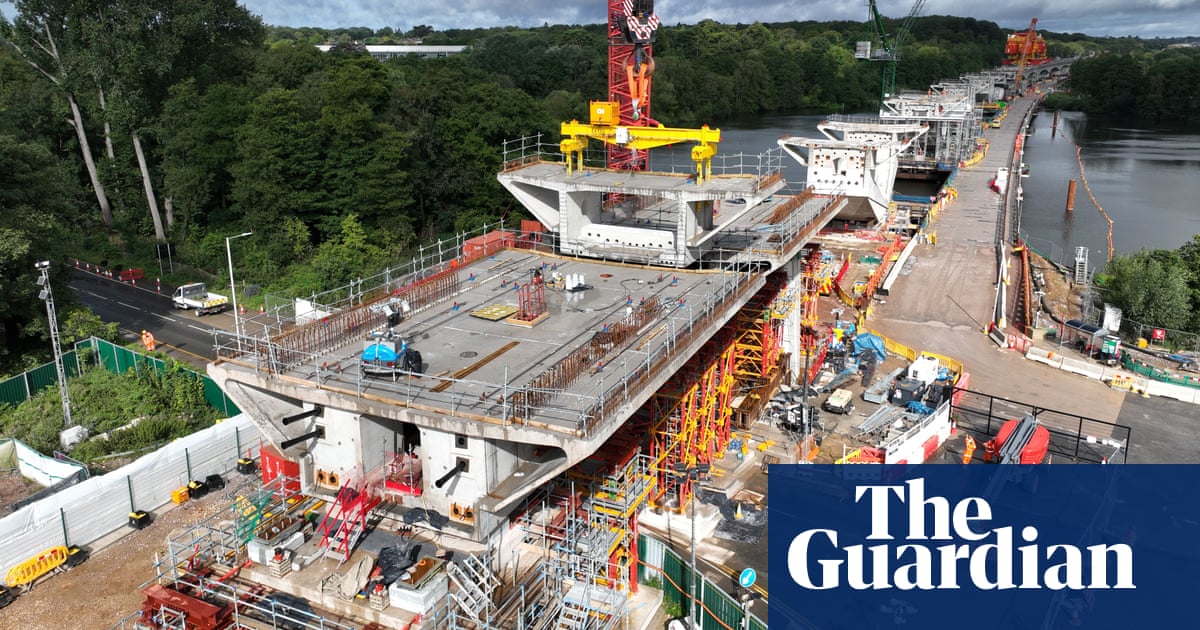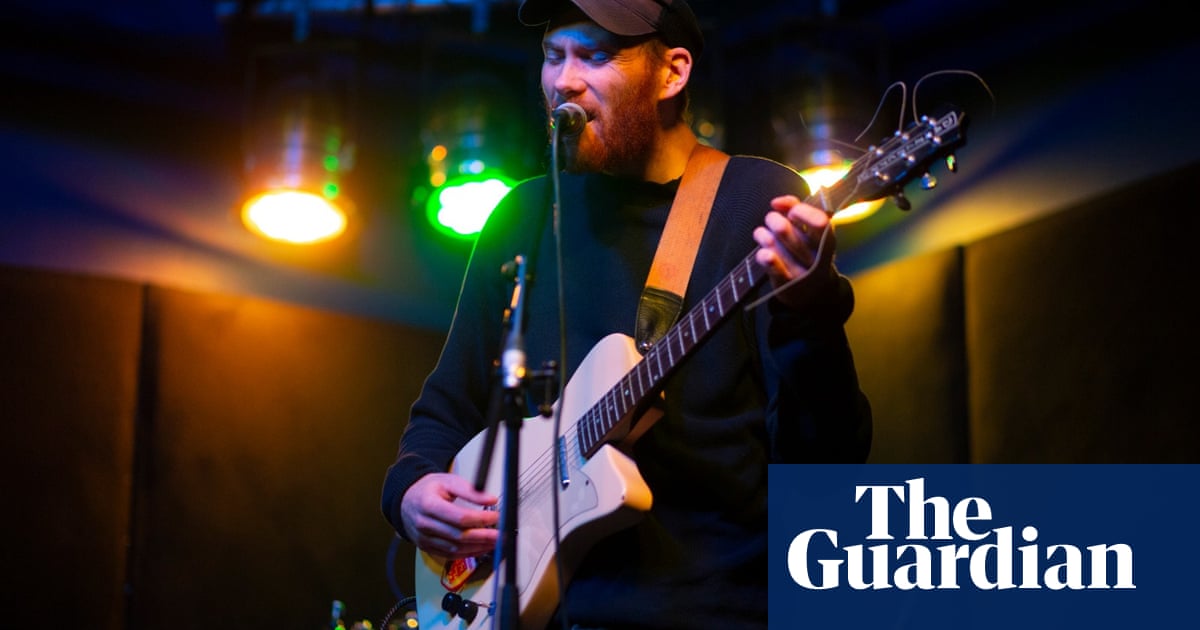
Small local music venues are warning that new bands will be left without a place to perform without government help after 127 grassroots sites closed or stopped offering music since last summer.
The Music Venue Trust (MVT), which is backing a crowdfunded scheme to take at least nine venues into community ownership, says surging costs and punters reining in spending during the cost of living crisis have combined with pressure from property developers to force closures.
About 16% of the UK’s small venues – which have launched the careers of some of the UK’s bestselling artists such as Ed Sheeran and Adele – have closed or stopped putting on gigs so far this year, meaning the loss of 4,000 jobs, thousands of chances for new acts to perform and more than £9m in income for musicians. A number of new venues have opened, leaving about 835 venues linked to the trust – a net 12% drop this year.
The MVT chief executive, Mark Davyd, said: “We need spaces where creativity can thrive and I don’t think that is an extraordinary idea. We need somewhere where acts can see if they have got what it takes to be an artist.”
The MVT is calling on the government to extend business rates relief for venues. Currently, venues pay just a quarter of business rates due on their properties, a step up from the rates holiday enjoyed at height of the pandemic and the 50% relief first introduced in 2020 by the then chancellor, Rishi Sunak. From April there is no guarantee of help.
“Bringing back full rates would be an absolute disaster for the hospitality sector,” Davyd said.
He added that last year grassroots music venues made an average profit of 0.2% of sales, “as close to nothing as makes no difference”. A full return of business rates would add £15m to the remaining venues’ total costs and “they just don’t have it.”
Many venues struggled during the Covid pandemic as restrictions on socialising meant they could not operate for many months. However, Davyd said the pace of closures had stepped up in 2023 as surging energy and labour costs had combined with the end of most government assistance and deals with landlords and banks on rent and loans that were introduced during the Covid pandemic.
“Costs have escalated out of control and the cost of living is having an impact,” Davyd said. “Clearly live music is still incredibly popular and this year is probably going to be the highest grossing year ever for ticket sales but the costs of energy have gone wild and deals done with landlords and banks which got venues through the pandemic are now coming home to roost. We are seeing rent increases well above 25% and have even seen some of more than 100%.”
The Polar Bear in Hull was rescued via crowdfunding in 2020 and puts on two or three nights of music a week, featuring upcoming bands yet to be signed to a label. The pub has helped launch acts such as Bdrmm, who played festivals including Latitude and End of the Road festival this year. It is one of nine venues hoping that the MVT will be able to buy its building to help secure its future.
Rose Barker, a director of the Polar Bear, said rising prices to buy in alcohol and higher utility bills had added as much as £700 to the cost of putting on a live music night. “We have put our prices up but that then affects customers. With the cost of living crisis, everyone is feeling it. Where they used to buy three or four drinks, they now buy one or two and that has made it difficult for us. To put on the speakers or even the lights for live music takes a lot of energy for four or five hours.”
Daniel Mawer, also of the Polar Bear, said: “We know we are doing something good for the city but it is getting that much trickier to pull off. We do really well with emerging artists and it is good to watch them do well and we can say we saw them on a Tuesday night in Hull.”
Arron Whan, the general manager of The Bell pub in Bath, which puts on regular live music, said it had been hit by rising costs including a £17,000 demand for music royalties from throughout the pandemic and a 30% jump in energy bills. He said owning its building had helped it keep going.
While landlords are keen to claim back rents lost out on during the pandemic, there is also an issue that once forgotten old pubs, warehouses and industrial buildings that cheaply housed venues are now sought after for redevelopment into flats and offices as part of the gentrification of many towns and cities.
MVT has a list of almost 20 more sites it would like to buy and is likely to raise more cash if the first few buyouts go well.
“We need proof of concept first,” Davyd said. “The plan is to remove many of these venues from private ownership and put them into community ownership.”





